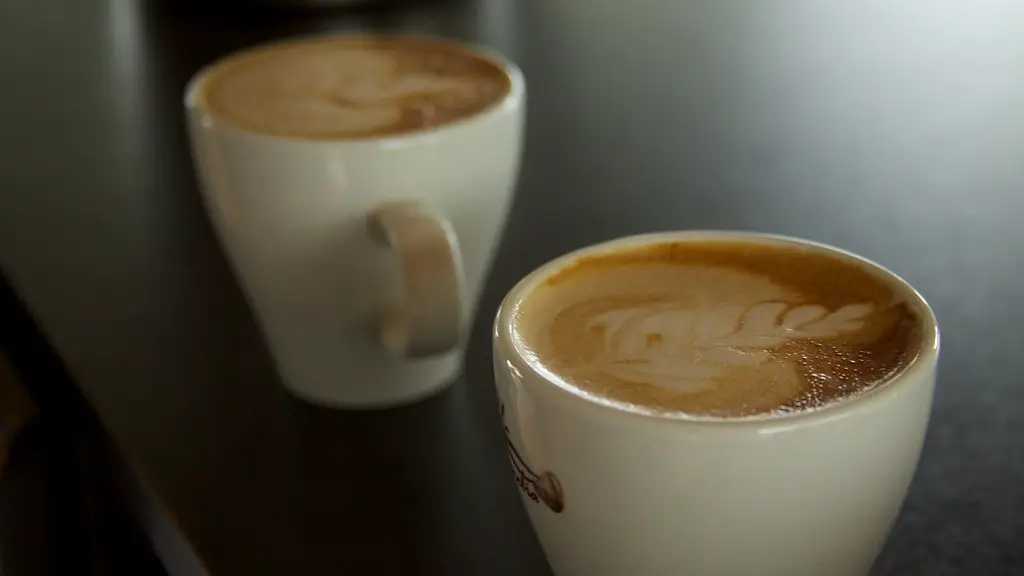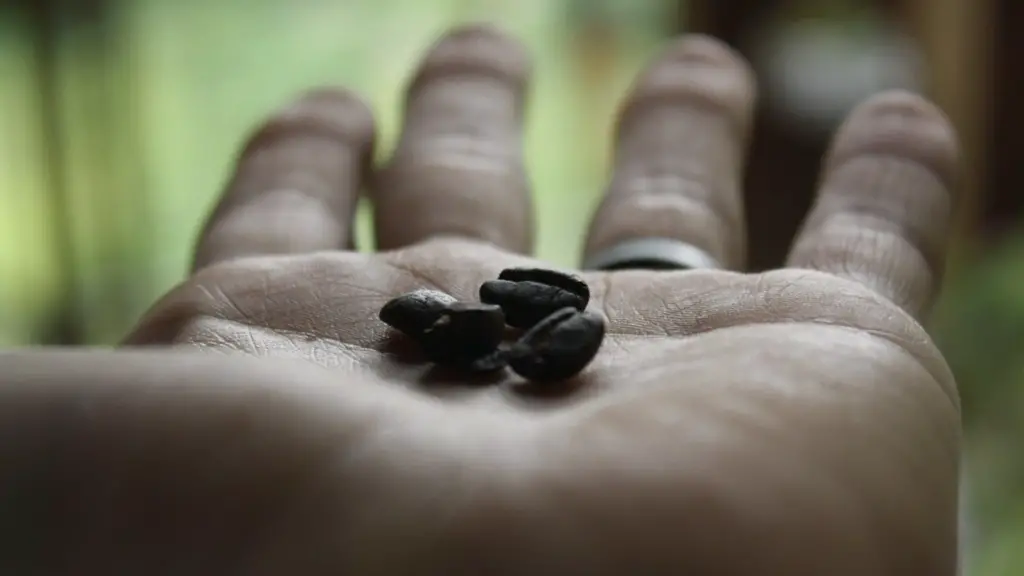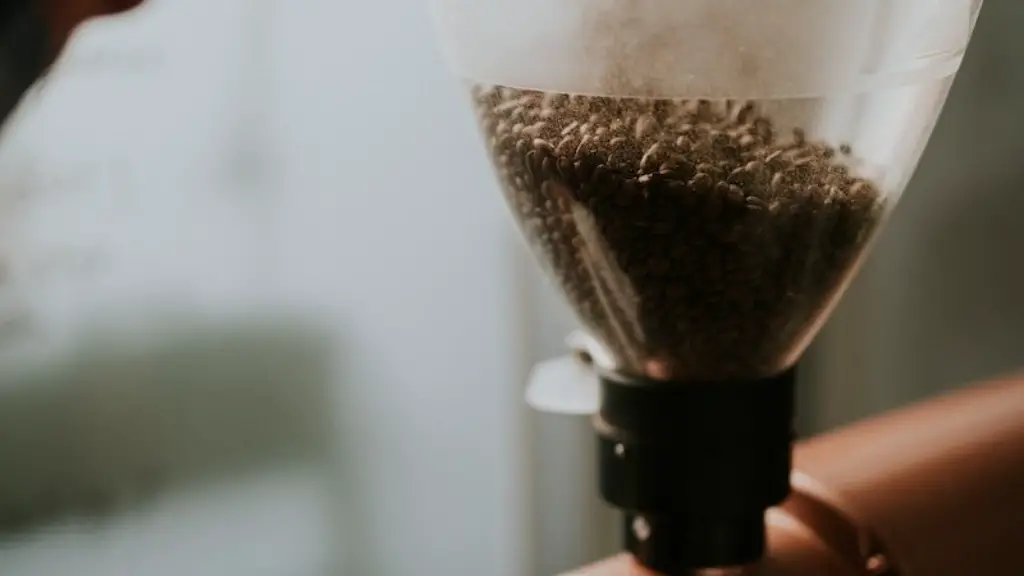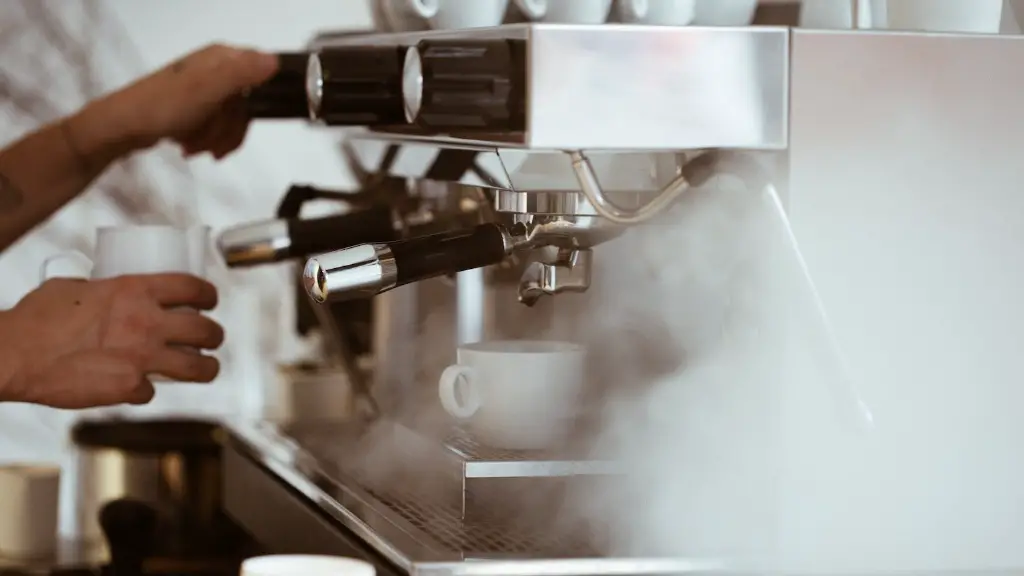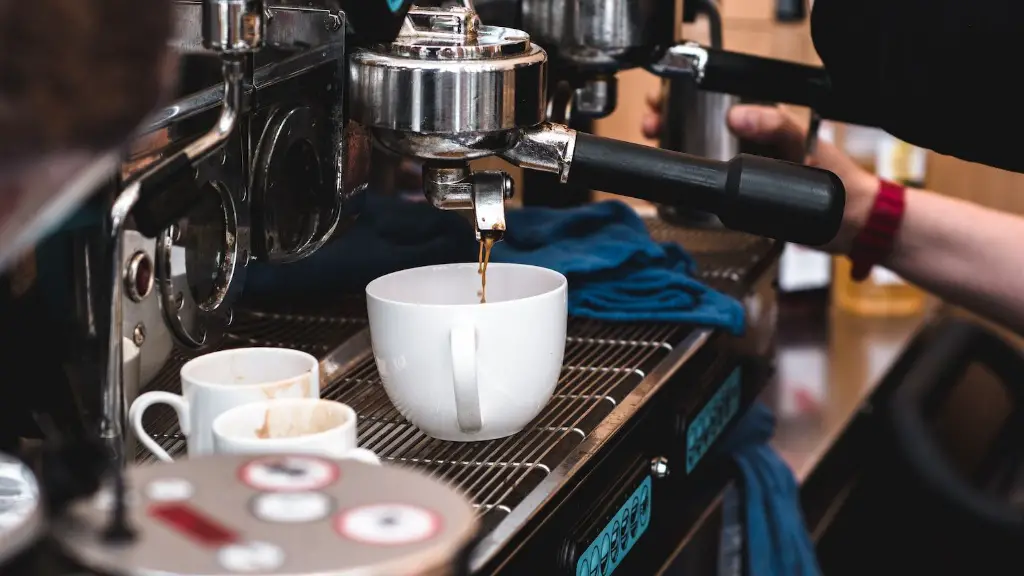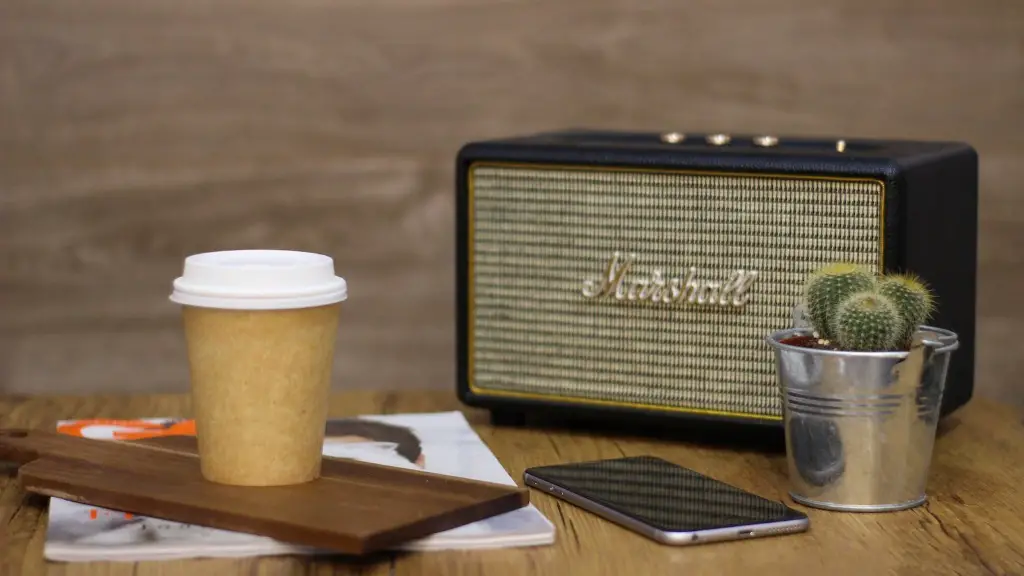Around the world, coffee is a popular drink. The everyday cup of coffee most people drink is a blend of beans from different countries. The term “fair trade coffee” refers to a type of coffee that is grown and harvested under specific conditions. These conditions ensure that the growers and workers are paid fairly for their labor.
The idea of fair trade coffee began in the 1940s, when cafés in Europe started to offer coffee from specific origins at a premium price. In the 1950s, the first fair trade organization was created to help support coffee growers in developing countries.
Today, the fair trade movement has grown to include a number of different products, including coffee, tea, chocolate, and sugar. Fair trade certified products must meet certain criteria, such as being produced without forced or child labor, and providing workers with safe working conditions and a living wage.
When you buy fair trade coffee, you can be sure that the growers and workers who produced it were treated fairly. This makes fair trade coffee a great choice for anyone who wants to make a difference in the world.
Fair trade coffee beans are coffee beans that are grown and harvested according to Fair Trade standards. Fair Trade standards are designed to promote sustainable farming practices and protect the rights of workers. Fair trade coffee beans are typically more expensive than conventional coffee beans, but many coffee drinkers believe that the extra cost is worth it to support farmers and workers who are treated fairly.
What is considered Fairtrade coffee?
A Fair Trade-certified coffee has been audited throughout the supply chain to meet certain sustainability and labor standards. This coffee is certified to have been grown and harvested in a way that is environmentally and socially responsible. The farmers who grew the coffee beans receive a fair price for their product, and the workers who processed the coffee beans are treated fairly and paid a living wage. When you drink Fair Trade coffee, you can be confident that you are supporting a sustainable and ethical supply chain.
There are two main types of coffee roasters – Fair Trade and Direct Trade. Fair Trade roasters buy beans from importers or large sellers, while Direct Trade roasters buy directly from the farmer or close representative.
Direct Trade roasters usually have a better relationship with the farmers, as they are buying directly from them. This means that the farmers are more likely to get a fair price for their beans. Fair Trade roasters may not always have the same relationships with the farmers, as they are buying from an intermediary. However, Fair Trade roasters must meet certain standards set by the Fair Trade organization, which includes paying a fair price to the farmers.
In general, Direct Trade coffee is considered to be of higher quality, as the roasters have a better relationship with the farmers. However, Fair Trade coffee is also generally of good quality, and it is important to remember that the farmers are getting a fair price for their beans.
Is Fairtrade coffee better quality
When we buy Fair Trade coffee, we expect that the coffee will be of a higher quality than other options on the shelf. However, this is typically not the case. The reason for this is that the Fair Trade certification only guarantees the price of the coffee beans, not the quality. Therefore, it is up to the individual coffee roaster to ensure that the coffee meets the high standards that we expect from Fair Trade coffee.
A Fair Trade certified product is a product that has been certified by Fairtrade International as meeting the standards of fair trade. The standards of fair trade are designed to promote economic development and social justice by ensuring that farmers and producers are paid a fair price for their products, and that they are given a Fairtrade Premium, which is an extra sum of money earmarked to help them improve their communities. Fair Trade certified products are available in a number of different categories, including coffee, tea, sugar, chocolate, and fruit.
Are Starbucks coffee beans Fairtrade?
The heart of our most popular coffee beverages, our Espresso Roast, is 100% Fairtrade Certified. This coffee is made with beans that are grown and harvested in a way that is environmentally and socially responsible. The farmers who grow the beans are paid a fair price for their coffee, and they are able to invest in their communities and improve their livelihoods. When you drink our Espresso Roast, you can be confident that you are supporting coffee farmers and their families.
Coffee packers who wish to use the Fairtrade logo on their products must pay a fee to Fairtrade. This fee helps to support the costs of maintaining the Fairtrade certification program, and also goes towards supporting the farmers and cooperatives who meet the Fairtrade criteria.
Consumers can be assured that coffee products bearing the Fairtrade logo have been produced in a way that meets certain standards for social and environmental responsibility. Farmers and cooperatives who meet the Fairtrade criteria are supported through the fees paid by coffee packers, ensuring that they can continue to produce high-quality coffee.
Does Mcdonald use Fairtrade coffee?
We’re committed to sourcing our coffee sustainably and ensuring that our suppliers are certified. In 2021, we sourced 987% of our ground and whole bean coffee from sustainable and certified suppliers. We purchase coffee that is certified to international sustainability standards through organizations such as Rainforest Alliance, UTZ, Fairtrade International and Fair Trade USA. This ensures that our coffee is sourced responsibly and that farmers are paid a fair price for their product. We’re proud to offer coffee that is both delicious and ethically sourced!
Fair trade coffee is a great way to support farmers in the developing world. By paying a fair price for their coffee, farmers are able to support their families and their communities. Additionally, fair trade coffee helps to preserve the environment by supporting sustainable farming practices.
Is Fairtrade coffee more expensive
Fair trade coffee is often more expensive than conventional coffee. This is because the farmers who produce it are paid fairly for their work, and the standards required for certification add to the overall cost. However, many consumers are willing to pay more for coffee that they know has been produced ethically.And because fair trade coffee is often of higher quality, they may feel that it is worth the extra cost. In addition, buying fair trade coffee supports farmers and workers in developing countries, which many consumers feel is a worthwhile cause.
-There is also the issue of unfair labour practices. Some fair trade farmers have been found to be using child labour, paying their workers very low wages, and not providing them with basic needs like water and sanitation. This means that the workers are not really any better off than they were before, and the principles of fair trade are not being met.
Can you trust Fairtrade?
Fairtrade International is the most highly regarded and trusted fair trade certification body in the world, operating in 145 different countries and working with 18 million producers globally. Fairtrade International’s certification standards and labeling program help shoppers recognize products that have been produced in a fair and responsible manner. When farmers and workers are paid a fair price for their products, they are able to improve their lives and build strong, thriving communities.
It’s always good to know that the companies we patronize are socially responsible. It’s even better when they are certified by a third-party organization. In the case of Dunkin’ Donuts, we can be sure that their coffee beans are sourced through Fair Trade channels. This guarantees that the farmers and workers are getting a fair price for their product. Over 33 million pounds of coffee have been purchased through Fair Trade channels since 2004, and Dunkin’ has committed to continue sourcing through Fair Trade until 2022. Thank you, Dunkin’, for being a responsible corporate citizen!
Is Maxwell coffee Fairtrade
Another iconic American brand that rejects sustainability certification and fair trade certifications is Maxwell House. This brand does not offer an organic product.
Ethically sourced coffee is a great way to practice sustainability. When you buy Fairtrade coffee, you are ensuring that the coffee farmers receive a fair wage. With direct trade, you are cutting out the middlemen so that the coffee producers receive more money upfront. This allows them to invest in their business and their community.
Does Fairtrade coffee mean organic?
It is important to note that not all fair trade coffee is organic. However, approximately half of all fair trade coffee is organic. There is a great deal of overlap between the fair trade certification process and the organic certification process. While the environmental standards of fair trade coffee are quite rigorous, organic standards go even further when it comes to environmental sustainability practices.
Starbucks is committed to using Fairtrade-certified coffee in all of their stores. This type of coffee is sourced from farmers who are paid a fair price for their beans, ensuring that they can support their families and communities. When you purchase a cup of Starbucks Italian Roast, you are also supporting these farmers and their communities.
Warp Up
Fair trade coffee beans are coffee beans that are certified by Fairtrade International as having been produced in a fair trade system. Fair trade coffee beans are usually grown by small-scale farmers and sold through Fairtrade networks.
The conclusion for this topic is that fair trade coffee beans are a type of coffee bean that is grown and harvested in a way that is beneficial to the farmers and workers involved. Fair trade coffee beans are typically more expensive than other types of coffee beans, but they offer a number of advantages to the farmers and workers who grow and harvest them.
